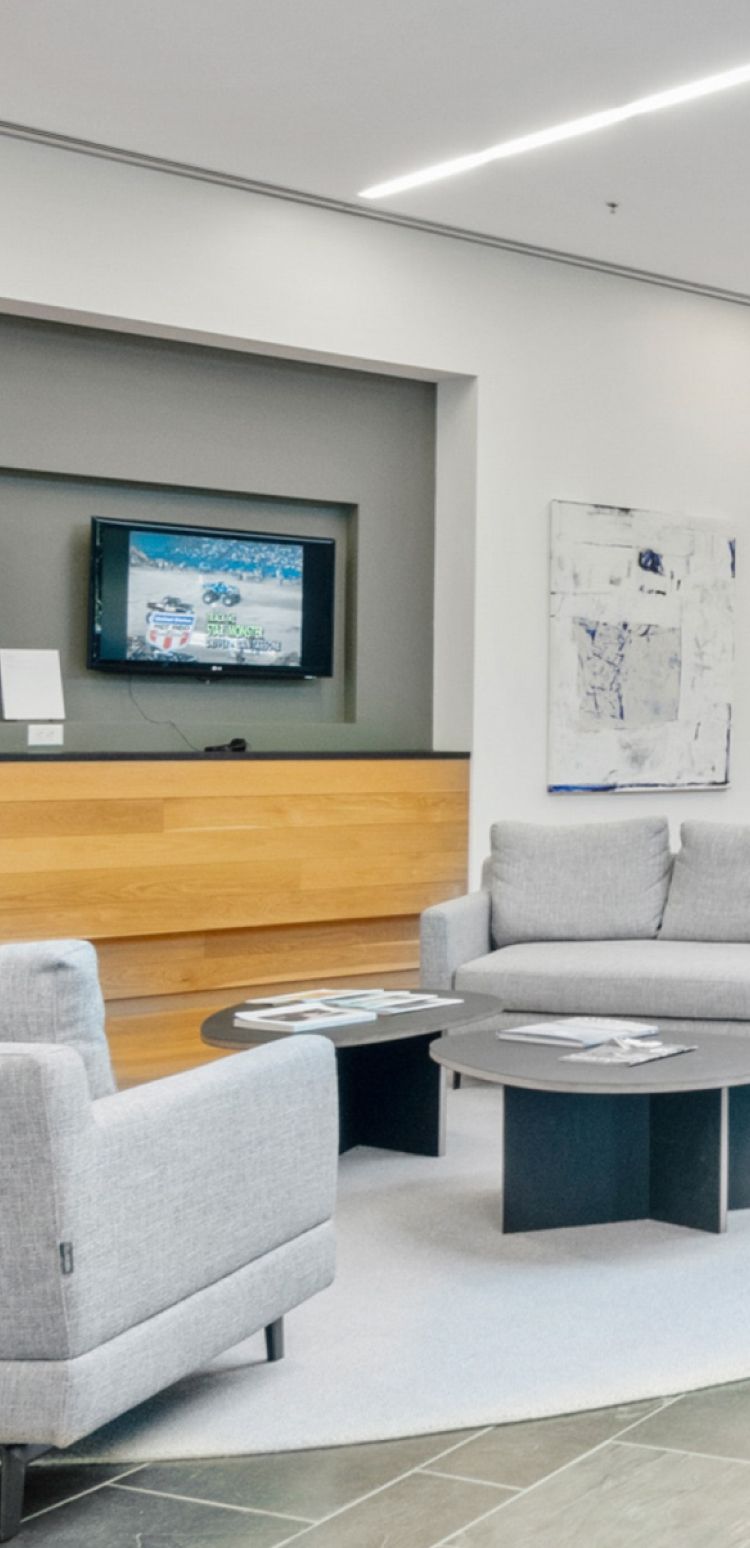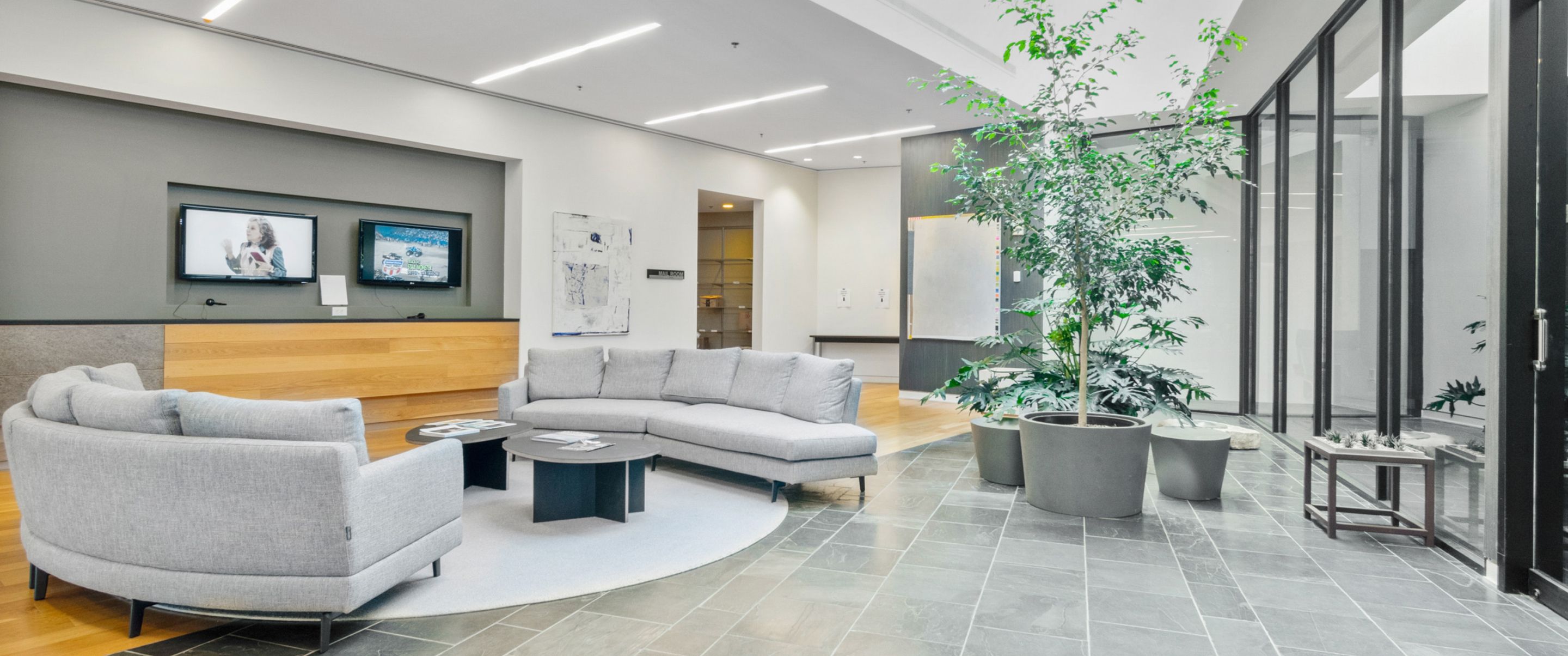
Category - Dental Clinic
- Home
- Blog
- Dental Clinic
- Category - Dental Clinic
Should I Brush My Teeth Before Going To The Dentist?
If you have a dentist appointment coming up, you’re probably a little more cognizant about caring for your teeth. After all, if the dentist is going to be looking in your mouth and cleaning your teeth, you want to give them the impression that you practice good oral hygiene. However, is it worth it to brush your teeth right before you leave for the appointment, or is it pointless because your dentist is going to give you a thorough cleaning anyways? Below, we share what we tell our patients who ask us this question.
Brushing Before The Dentist
So is it worthwhile to brush your teeth prior to the dentist appointment, or are you just making things easier for the dentist who is giving you the cleaning? When people ask us this question, we always respond that yes, we recommend that you brush, floss and use mouthwash before you leave to come to your dental appointment. You are making our job a little easier, but it also benefits you for a couple of reasons.
-
Removes Surface Plaque – Brushing and flossing will help to remove any food particles and plaque from your teeth’s surfaces. This isn’t going to get all the tartar that has hardened and formed in hard to reach places, but it will help to remove bacteria and plaque. Aside from helping get rid of plaque that can serve to break down your teeth, this process is more helpful than spraying your car with a hose before heading to the car wash. By doing this, less plaque removal will need to be done by the dental tech, which in turn will reduce the amount of irritation and inflammation in the gums. You’ll likely find that your mouth is less sore or irritated if you give your mouth a nice clean prior to visiting the dentist.
-
Reduced Time In The Chair – Although it won’t greatly reduce the time you spend in the dentist’s chair, if you help to remove plaque and food particles prior to the operation, it will take less time for the dentist to deep clean your teeth. If you don’t like visiting the dentist, you can try to reduce the time you spend there by giving your mouth a brush, floss and rinse before you head off to your appointment.
-
Confidence – Finally, brushing, flossing and using mouthwash can give you a little bit of confidence heading into your appointment. Again, you’re not really going to be able to fool your dentist into thinking you always take such good care of your teeth by doing this, but it will show that you do at least somewhat prioritize your teeth health, which can help if you’re nervous about what the dentist might say (We know not everyone brushes and flosses like the American Dental Association recommends, it’s okay!). Also, caring for your teeth before the appointment can help to freshen your breath so that you’re not self-conscious that someone will be up close and personal for the next 20-30 minutes. If anything, brushing and rinsing will give you a clean feeling heading into your appointment.
So as you can see, brushing your teeth before you leave the house for your appointment has more benefits than meets the eye. We’re not going to shame you if you choose not to brush before visiting, but if you want to help reduce irritation and maybe spend less time in the chair, choose to brush, floss and rinse before you head off to your appointment! To schedule your next appointment, reach out to Dr. Brooks’ office today.
How Your Dentist Can Help With Your Sleep Apnea
Sleep apnea is a health condition that involves the interruption of your normal breathing pattern while you’re sleeping. It is common for people who snore to have sleep apnea, but not every snorer also has sleep apnea. If you have the condition, you should have it examined by your doctor, because there are simple ways to help restore healthy breathing while you sleep. Below, we take a closer look at the condition and explain how your dentist can help with your sleep apnea.
Sleep Apnea and Your Dentist
Before we explain how your dentist and doctor can help with your sleep apnea, let’s take a closer look at the condition. There are two main types of sleep apnea:
-
Obstructive Sleep Apnea – Obstructive sleep apnea is the more common of the two forms, and it is the result of blocked airflow during sleep. It typically occurs when the soft tissue at the back of your airway collapses while you sleep. It is often brought upon by certain health conditions, including obesity.
-
Central Sleep Apnea – This is a rarer form of the condition, and it is caused by an issue with how your brain signals your body to complete the breathing process. Your airway is not blocked, but instead, the brain fails to send a signal for the muscles to breathe. This is commonly caused by more serious health conditions, like heart failure, brain tumors, brain infections or a stroke.
Sleep apnea is more common among men, especially those who are over 40, overweight, those who have large tonsils, a small jaw, a large tongue or those with a history of sleep apnea or allergies. Left untreated, sleep apnea can contribute to other health issues, including high blood pressure, stroke, heart failure and diabetes.
Treating Sleep Apnea
Treating sleep apnea may involve just a few small lifestyle changes, or it more be a more involved process, but oftentimes it can be successfully treated. For some people, simply adjusting their sleeping position so they are not on their back can be all the change they need. For others, more hands-on treatment may be needed. Some of those treatment options include:
-
CPAP Machine – A continuous positive air pressure machine helps to improve your breathing while you sleep by providing air and air pressure through the nasal passages.
-
Oral Devices – Your dentist may be able to provide you with an oral device that can shift or support your jaw in such a way that your breathing patterns improve.
-
Surgery – Some patients find relief from sleep apnea with upper airway surgery when other methods fail to rectify the issue. In many cases, the operation to address the airway can be performed on a minimally invasive basis.
If you have sleep apnea, be sure to bring it up to your doctor or dentist at your next appointment to help learn about the best way to treat your individual case. For more information, reach out to Dr. Brooks’ office today.
How Vaping Affects Your Dental Health
Vaping has been marketed as a “safer” alternative to traditional tobacco use, but it’s not much better for your oral health than a standard cigarette. Kicking the habit will help to keep your smile white and protect it from issues like oral cancer and gum disease. Here’s a closer look at why vaping can be so detrimental to your oral health, and how to make healthier choices in the future.
Does Vaping Hurt Your Teeth
Although vaping doesn’t produce tobacco smoke, it’s still harmful to your health. Contrary to popular belief, the device doesn’t just lead to the production of water vapor, you’re actually exhaling an aerosol that contains fine particles. These particles are harmful to your health because they contain toxic chemicals that have been linked to all sorts of medical issues, like cancer, heart disease
Book Appointment
Or call us at:
(952) 888-2300



